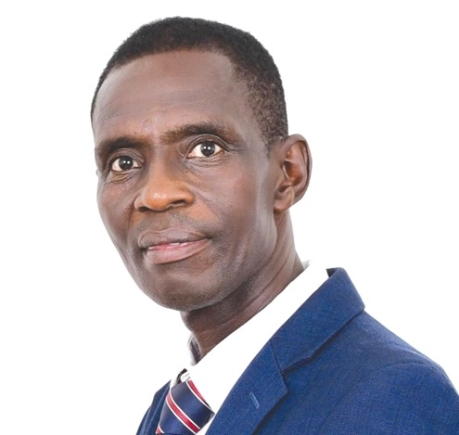A political scientist, Dr Samuel Kofi Darkwa, has stated that the politicisation of independent bodies poses a threat to public trust and can weaken Ghana’s reputation as a democratic nation on the international stage.
“Ghana’s standings in the Democracy Index, Afrobarometer, and the Mo Ibrahim Index have already shown signs of decline, partly due to concerns over the independence of our judicial and electoral systems,” he noted.
Reacting to calls for the removal of the top officials of the Electoral Commission (EC) in an interview, Dr Darkwa emphasised that to secure Ghana’s democratic future, political leaders must cease their partisan attacks on independent institutions.
He said while it was entirely legitimate to critique public officials, repeated demands for their removal could undermine institutional independence and threaten democratic stability.
Context
The National Chairman of the National Democratic Congress (NDC), Johnson Asiedu Nketiah, recently called for the dismissal of the entire Electoral Commission (EC) leadership for being unfit to conduct credible elections.
Such calls, Dr Darkwa said, were concerning as they had implications for the tenure and removal processes for heads of independent constitutional bodies.
Article 146
Dr Darkwa said under Article 146 of the 1992 Constitution, the removal of senior officials, including the EC Chair, the Commissioner of the Commission on Human Rights and Administrative Justice (CHRAJ), and even the Chief Justice, followed a specific process that required a petition, a presidential referral and a committee inquiry.
“This framework is designed to protect officeholders from arbitrary dismissal,” he said.
Dr Darkwa, however, said critical weaknesses had emerged in practice, particularly due to the President’s dominant role in initiating and overseeing those removals.
“The cases of Lauretta Lamptey, former CHRAJ boss, who was removed in 2015, and the 2018 dismissal of EC Chair Charlotte Osei, as well as the current inquiry into Chief Justice, Justice Gertrude Sackey Torkornoo, highlight a troubling pattern.
Procedures
He said although the procedures outlined in Article 146 were followed, many observers question whether political motivations influenced those actions.
He cited the case of Madam Charlotte Osei, where the circumstances of her removal were widely perceived as politically driven.
“These incidents raise significant concerns about whether Article 146 adequately protects constitutional officeholders from political interference.”
“The President not only receives the petition but also initiates the process and appoints the investigative committee in most instances,” he observed.
Dr Darkwa said the heavy executive involvement undermined perceptions of neutrality and requires urgent review to restore public confidence in the system.
“Such statements, particularly from influential political figures, are particularly alarming as they imply that the integrity of elections is contingent not on established systems and processes, but on the ‘colour’ of individuals who lead them,” he noted.
Revisit
Dr Darkwa stated that Article 146 should be revisited to curtail excessive executive influence in removal processes.
“A more robust and impartial system is essential, not only for fair governance but also to uphold the credibility of Ghana’s democracy in the eyes of its citizens and the global community,” he stressed.

